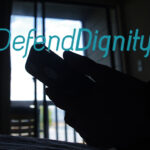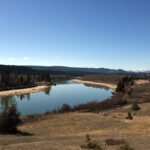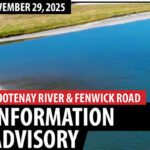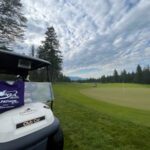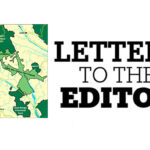Home »

The rush to mine B.C. is stealing from future generations
By Jesse Zeman
Op-Ed Commentary
 The provincial government’s rush to approve mines is essentially stealing from future generations without compensation. That must change.
The provincial government’s rush to approve mines is essentially stealing from future generations without compensation. That must change.
Every non-renewable resource that we pull from the ground is lost to future generations. While pitching widespread mining, powerlines and roads across Northwest B.C., the government promised to set aside and protect lands that will not be exploited. It is a false bargain.
The parks-for mines trade-off is political sleight of hand and ultimately leaves future generations worse off. Starting with two untouched tracts of land and promising not to destroy one piece of land in exchange for mining another provides no compensation for the damage done. This is akin to withdrawing your RRSPs for a weekend in Vegas.
We propose creating a multi-billion-dollar trust for the benefit of fish, wildlife, and habitat funded by a share of the profits from non-renewable resource extraction.
Non-renewable resources taken out of the ground are lost to future generations. They must be compensated for that loss.
The government is preparing to exploit B.C.’s Golden Triangle, which is home to some of the world’s largest deposits of gold, silver, copper, and other minerals. The province plans to do this by sidestepping existing environmental assessments, fast tracking permits, and reducing regulatory oversight.
This area is also a sprawling wilderness stretching 370 kilometres north from Prince Rupert and 200 kilometres wide just south of Dease Lake.
The immediate impacts of roadbuilding, powerlines and mining through such a vast region will be harmful to fish, wildlife, and habitat, and that’s if everything goes well.
B.C.’s track record of regulating and managing mining is spotty to say the least. We know from the Mount Polley Mine disaster that short-circuiting government regulatory oversight doesn’t always go well, and that a tailings pond breach can have permanent, long-term impacts.
To speed up the application process for large infrastructure projects, the province also proposes to waive environmental assessments for wind energy projects, transmission lines, and expedite the review process for any other project that it deems in the province’s interest.
Even renewable energy projects carry risks if they are not done properly. Installing wind turbines and transmission lines can disturb rock formations leading to acid rock drainage and heavy metal leaching.
The provincial government learned this lesson the hard way after rock cuts on a section of Highway 97C washed acid and metal contamination into Pennask Creek and Pennask Lake. B.C.’s Ministry of Transportation was successfully prosecuted for the damage.
Fisheries and Oceans Canada, Environment Canada, and the provincial Ministry of Environment participated in field investigations at and below the rock cuts. Ten charges under Canada’s Fisheries Act were laid against the MoT as the result of these investigations. In 2005, the ministry pleaded guilty to two criminal charges.
Cleanup and mitigation measures have cost taxpayers millions of dollars in the intervening years.
Rushing the process and bypassing environmental assessments for an energy project or a mine raises the risk of serious damage to vulnerable fish and wildlife populations, then multiply that risk by dozens of projects across pristine wilderness.
If B.C. is going to increase renewable and non-renewable extraction, we need to get it right, and future generations need to realize some of the benefits. We cannot rebuild mountains that have been mined, and we aren’t making more land.
The best way to take care of future generations is to invest in a multi-billion-dollar trust that focuses on conserving and enhancing fish, wildlife, and habitat in areas adjacent to resource extraction.
– Jesse Zeman is Executive Director of the B.C. Wildlife Federation, B.C.’s largest conservation organization.


